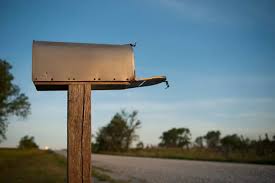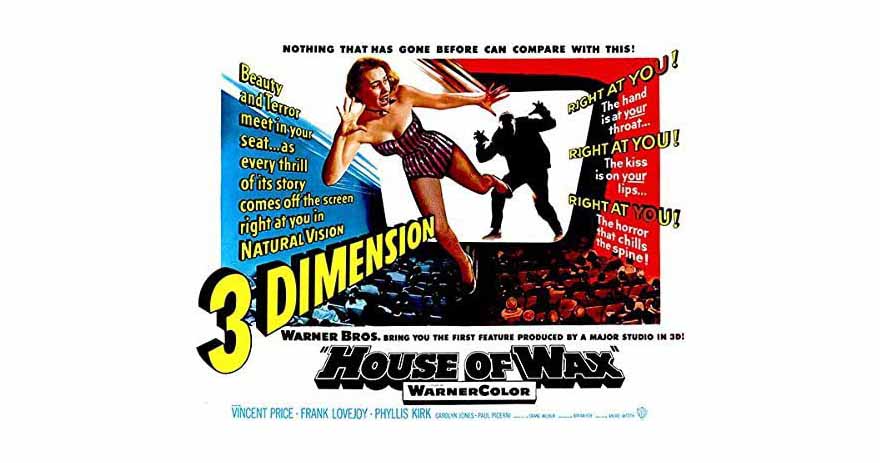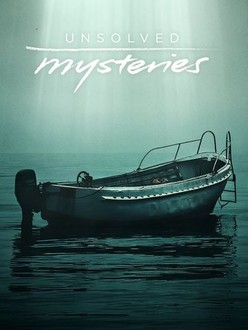The Tale of Ali Baba and the Forty
Thieves
Part 1
Catagory:Fiction
Author:Thousand Nights and One Night ( POWYS MATHERS)
Posted Date:03/27/2025
Posted By:utopia online
IT is related, O auspicious King, that there were once long ago, in a certain city of Persia, two brothers whose names were Kasim and Ali Baba. But praise be to Him Who takes no account of names, and beholds the soul of man in the mystery of its nakedness! Amen. And after! Their father was a poor man of the common people, and, when he died, the two brothers were left with so small a share of the world’s goods that they soon found themselves with long faces and no bread and cheese. See what it is to be a fool in youth and to forget the counsels of the wise! Soon Kasim, who was the elder and more astute of the brothers, put himself into the hands of an old bawd (Allah curse the same!) who tested his powers of mounting and coupling, and then married him to a girl with money and appetite. Thus he was saved from starvation and became the owner of a well-furnished shop in the market, for such was the Destiny written upon his brow at birth. So much for him. Ali Baba,
the younger brother, being devoid of ambition and having modest tastes, became a woodcutter; but though his takings were small he lived so wisely that, in the end, he was able to buy, first one ass, then two,
and finally three. He would lead these beasts to the forest and load them with the faggots which he cut there. After he had bought the third, he became a person of importance among the woodcutters and one of them offered him the hand of a daughter in marriage. The three asses were written down in the marriage contract as dowry, though the girl, being poor, brought no portion at all. But poverty and riches endure for a breath. Allah only is eternal!
To Ali Baba and his wife were born children as fair as moons, and the family lived together in the honest enjoyment of the small money which the sale of firewood brought them.One day, while Ali Baba was cutting wood in a thicket of the forest,with his asses comfortably grazing and farting at no great distance, Destiny came to him. He heard a muffled noise as of galloping hoofs and, being of a peaceful and timid disposition, climbed up into a high tree, which stood on the top of a small hill and gave a view of the whole forest. He had done well to hide himself, for soon a troop of armed riders came towards the tree, and he could judge by their dark faces, eyes as of new copper, and beards parted terribly in the centre like the wings of a carrion crow, that he was in the presence of the worst kind of outlaw robbers. When they had come nearly to the tree, they dismounted at a signal from their gigantic chief and, after fastening their horses, slung forage sacks of barley for them to eat. Then they took off the saddle-bags and, bearing them up, came into file so slowly that Ali Baba was able to count them at his ease and determine that there
were forty robbers, neither more or less. At this point Shahrazad saw the approach of morning and discreetly
fell silent.
But when the eight-hundred-and-fifty-second night
had come
SHE SAID:
The forty thieves carried their loads to the foot of a large rock which lay at the bottom of the little hill. Then they set down the bags, and the chief cried out in the direction of the rock: ‘Open, Sesame!’ At once the surface of the rock gaped. The captain waited until his followers had passed with their burdens through the opening, and then carried his bag in after them. ‘Shut, Sesame!’ he cried from within, and the face of the rock closed upon him. Ali Baba was astonished at these things, and said: ‘Allah grant that their sorcery cannot find me in this tree!’ He sat, without making a movement, and fixed anxious eyes upon his asses,who were feeding noisily in the thicket. After a long time, a sound like distant thunder made itself heard and the rock opened to give forth the forty thieves, carrying the bags empty in their hands. When the band of thirty-nine had mounted, their chief cried again: ‘Shut, Sesame!’ and,
while the surfaces of the rock came close, rode off at the head of his pitch-faced and hog-bearded followers.
Fearing that they might come back and surprise him, Ali Baba stayed in his tree until they had long been out of sight, and, when he ventured at last to climb down, he did so with a thousand precautions, ever
turning his head to right and left as he let himself from a higher to a lower branch. As soon as he came to the ground, he walked on tiptoe, holding his breath, towards the mysterious rock. At any other time he would have
had no thought save for his asses, which were the wage-earners for all his family, but now a curiosity wholly foreign to his nature burnt in his mind, and his Destiny pushed him forward. He found the surface of the
rock entirely smooth and without the smallest crack against which he might have pressed the point of a needle. ‘Yet I saw the forty thieves go in,’ he thought. ‘Surely the place must be guarded by strange spells! Though I know nothing of spells, yet I certainly remember the words of opening and closing. Had I not better try them over, to see if they have the same power in my mouth as upon the lips of that terrifying man?’ Still pricked on by Destiny and quite forgetting his usual fear, Ali Baba turned to the rock, saying: ‘Open, Sesame!’Though these two magic words were uttered weakly and without assurance, the rock gaped.
Ali Baba would have turned to flee, but Fate kept him in that place and forced his eyes to look within. Instead of seeing some cave of dark horror, he beheld a spacious gallery whose level floor led to a large hall, hollowed in the heart of the rock and welllighted by slits contrived in the roof. Ali Baba plucked up his courage and, murmuring: ‘In the name of Allah, the Merciful, the Compassionate!’ walked along the gallery to the hall. As he went, the two halves of the rock came together soundlessly, but this did not dismay him, for he well remembered the formula of opening. Arrived at the entrance of the hall, he beheld, all along the walls and piled from floor to ceiling, a profusion of rich merchandise, with bales of silk and brocade, bags of varied food, great chests filled to the brim with minted silver and silver bars, with golden dinars and bars of gold.
And, as if these were not enough, the floor of the cave was heaped with loose gold and precious stones, so that the foot could hardly find a resting place, but tripped over some rich sample of the jeweller’s art or sent a cascade of gleaming gold before it. Though Ali Baba had never in his life seen the true colour of a dinar or smelt the smell of it, he was able to judge that the cave, with its vast treasures heaped at haphazard and its innumerable costly ornaments, the least of which would have honoured a king’s palace, had been, not only for years but for hundred.


.jpg)














 👁 :232
👁 :232
 👁 :313
👁 :313
 👁 :235
👁 :235
 👁 :115
👁 :115
0.jpg) 👁 :113
👁 :113
 👁 :105
👁 :105
0.jpg) 👁 :160
👁 :160
 👁 :209
👁 :209